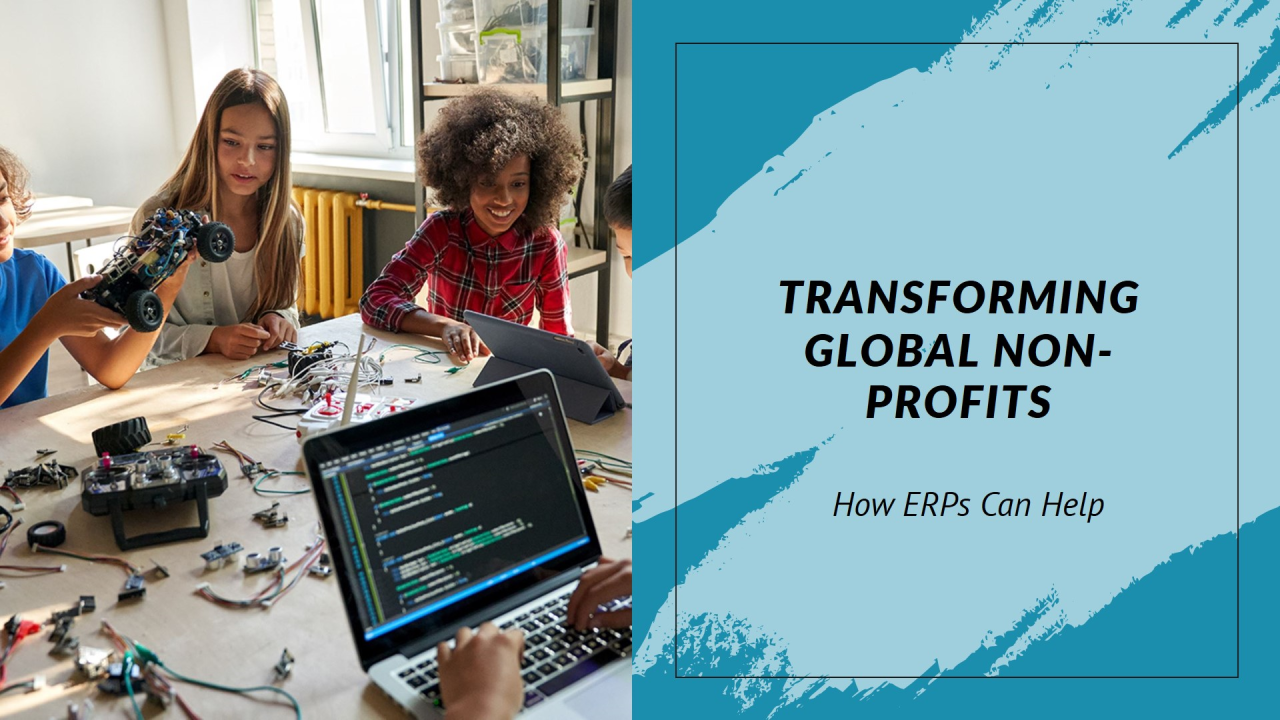Enterprise Resource Planning (ERP) systems have been around for decades, helping businesses streamline their operations and manage various aspects of their organization. However, with new technology advancements and the increasing need for agility, more and more companies are looking to shift from legacy ERP systems to the cloud.
The transition from a traditional on-premise ERP system to a cloud-based one can seem daunting. However, with the right approach and mindset, it can be a smooth and beneficial process for any organization. To help you get started, here are three steps to consider when making the shift from legacy ERP to the cloud.
Step 1: Evaluate Your Current System
Before diving straight into implementing a new system, take some time to evaluate your current ERP setup. Look at its strengths and weaknesses, along with any pain points or challenges your organization may be facing. This will give you a better understanding of what you need from a new cloud-based system.
It’s also important to consider your future business needs and goals when evaluating your current system. Will the legacy ERP be able to support your company’s growth? Does it have the flexibility to adapt to changing business processes? These are crucial factors to keep in mind when deciding to transition to the cloud.
Additionally, you should also assess your organization’s IT infrastructure and resources. Moving to a cloud-based ERP will require a different set of technical skills and capabilities compared to traditional on-premise systems. It’s important to determine if your team has the necessary expertise or if you may need to train or hire new staff.
Furthermore, it’s essential to evaluate the level of support and security provided by the cloud-based ERP vendor. Make sure they have a strong track record of maintaining data integrity and providing timely technical support in case any issues arise.
Another important consideration is the cost-benefit analysis of transitioning to a cloud-based system. While there may be an initial investment in setting up the system, it’s important to weigh the long-term cost savings and efficiency gains that a cloud-based ERP can provide.
In addition, consider how a cloud-based ERP will impact your organization’s workflows and processes. It may require changes in procedures and training for employees to adapt to the new system. Therefore, clear communication and planning with all stakeholders is crucial for a successful transition.
Furthermore, ensure that the cloud-based ERP system has strong security measures in place to protect your sensitive data. This includes encryption, firewalls, and regular backups to prevent any potential data breaches.
It’s also important to evaluate the scalability of the cloud-based ERP. As your organization grows, will the system be able to handle increased data and user capacity? Make sure to thoroughly assess the system’s capabilities and potential for future growth before making a decision.
Another consideration is the integration with existing systems and applications. How will the cloud-based ERP communicate with other software used in your organization? Will data be able to seamlessly flow between different systems? It’s essential to have a clear understanding of how the new system will integrate with your current technology stack.
In addition, it’s crucial to consider the level of technical support and training offered by the cloud-based ERP provider. Will they provide ongoing assistance and training for your team to fully utilize the system? This can greatly impact the success and efficiency of implementing a new ERP.
Furthermore, data security is a top concern when moving to a cloud-based ERP. It’s important to carefully evaluate the security measures and protocols implemented by the provider to ensure the safety and confidentiality of your data. This includes not only protecting against external threats but also having proper backup and disaster recovery plans in place.
Another aspect to consider is the scalability of the cloud-based ERP. As your organization grows and evolves, will the system be able to handle increased data and user load? It’s important to choose a provider that can offer scalability options and support your future growth.
In addition, the integration capabilities of the cloud-based ERP should also be evaluated. Can it seamlessly integrate with other systems and applications used by your organization? This can greatly improve data accuracy and streamline processes. It’s also important to consider the level of customer support provided by the ERP provider. Will they be readily available to troubleshoot issues and provide updates?
Furthermore, the security measures of the cloud-based ERP should be thoroughly examined. Since sensitive data will be stored and accessed on the cloud, it’s crucial to ensure that the provider has robust security protocols in place. This includes encryption of data, regular backups, and compliance with industry standards and regulations.
Moreover, when selecting a cloud-based ERP, it’s essential to consider the scalability of the system. As your organization grows and evolves, will the ERP be able to handle increased data storage and user access? Will it have the capability to support new functionalities and features as needed?
Additionally, companies should carefully review the pricing structure of different cloud-based ERP options. While upfront costs may seem lower for a cloud-based system, ongoing subscription fees and additional charges for add-on features can quickly add up. It’s essential to have a clear understanding of the pricing model and any potential hidden costs before making a decision.
Another crucial aspect to consider is the level of support provided by the cloud ERP provider. In case of any technical issues or questions, will there be readily available customer support? Will the provider offer training and resources for employees to effectively use the system?
Conclusion:
In conclusion, choosing the right cloud-based ERP system for your company requires careful consideration of various factors, including scalability, security, customization options, pricing structure, and customer support. It’s essential to thoroughly research and assess multiple options before deciding to ensure that you find the best fit for your business needs.




